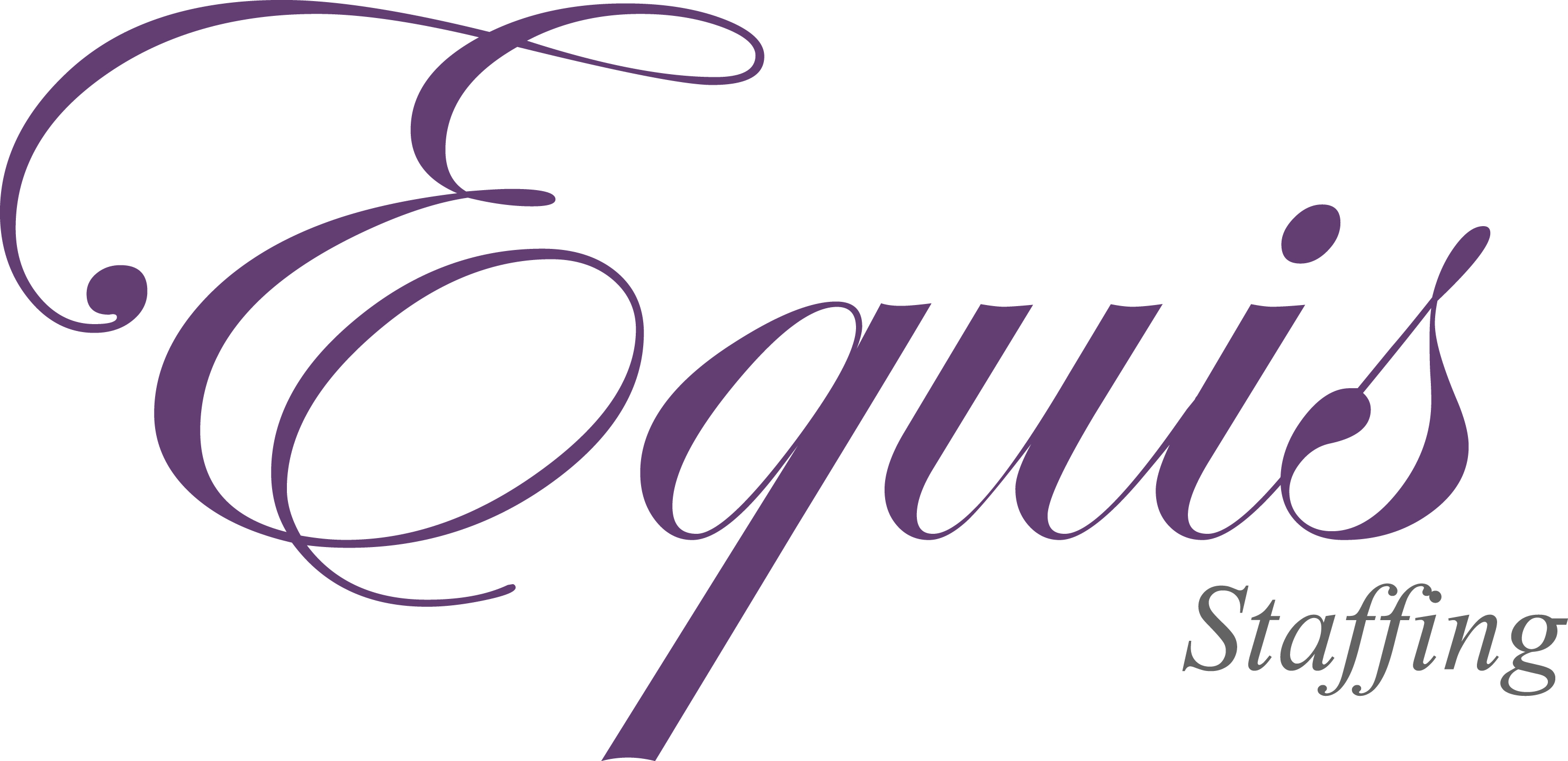
An increasing number of professionals are embracing the side hustle. Not only do these gigs help them grow and advance their skills, but they also effectively diversify their income, something that can provide a substantial amount of security.
But, when you are trying to juggle a traditional job with freelance programming work, it isn’t always easy. A hard day in the office can impact the quality of your side gigs or may zap your motivation, making it more difficult to maintain your focus.
Luckily, there are things you can do to keep up with your career and your freelance work more effectively. Here’s how to get started.
Establish a Routine
When you are juggling a job and freelance work, routines are your friend. They provide you with a sense of normalcy and function as clear expectations, guiding you through your day.
While your workplace routine is typically set by your employer, side gigs often give you flexibility. In many cases, this can be beneficial. However, it can also work against you if it allows you to procrastinate.
Instead of completing your freelance programming work randomly, set aside blocks of time for the tasks. Treat these as critical appointments you have to keep, and strive to minimize distractions and interruptions during these periods.
Additionally, if you work your side gig regularly, try to make the schedule the same each week. That way, you establish a long-term routine that will start to feel natural, making it easier to switch into a working mindset for your freelance projects.
Set Boundaries
To effectively manage what is technically two workloads (one from your employer and one from your clients), you need to set respectful boundaries. When you are at your regular job, don’t check in with your freelance clients, apply to projects, or work on your side programming work. Not only would that be disrespectful to your employer, but it could also cost you your job.
If you are concerned that your clients will reach out during those periods, be honest and let them know that you aren’t available to respond during those hours, but don’t stop there. Also let them know when you are available for phone calls and emails, giving them clear guidance regarding your availability.
Similarly, when you are off the clock with your primary employer, don’t let those duties leech into your freelance project time. If you aren’t formally on-call during off hours, avoid checking your work email or responding to texts, phone calls, or voicemails.
Understand Your Capabilities
When you start freelancing, it may be tempting to load up on side gigs. However, you don’t want to commit to more than you can handle. Otherwise, you may fail to meet deadlines or quality expectations, hurting your reputation.
As you begin as a freelancer, start slow. Consider only taking on a single project and focus on an opportunity with a comfortable deadline. If you find that you can accomplish the work, both well and in a timely manner, with ease, only then begin expanding your workload. This allows you to increase your side project incrementally, ensuring that you are working within your capabilities.
Learn How to Manage Both Your Freelance Career and Your Full-Time Career
By following the tips above, you can juggle a career and freelance programming work. If you’d like to learn more about how to manage them both, the professionals at Equis Staffing can help. Contact us to discuss your questions today and see how our career and time management expertise can benefit you.




.png)
Comments